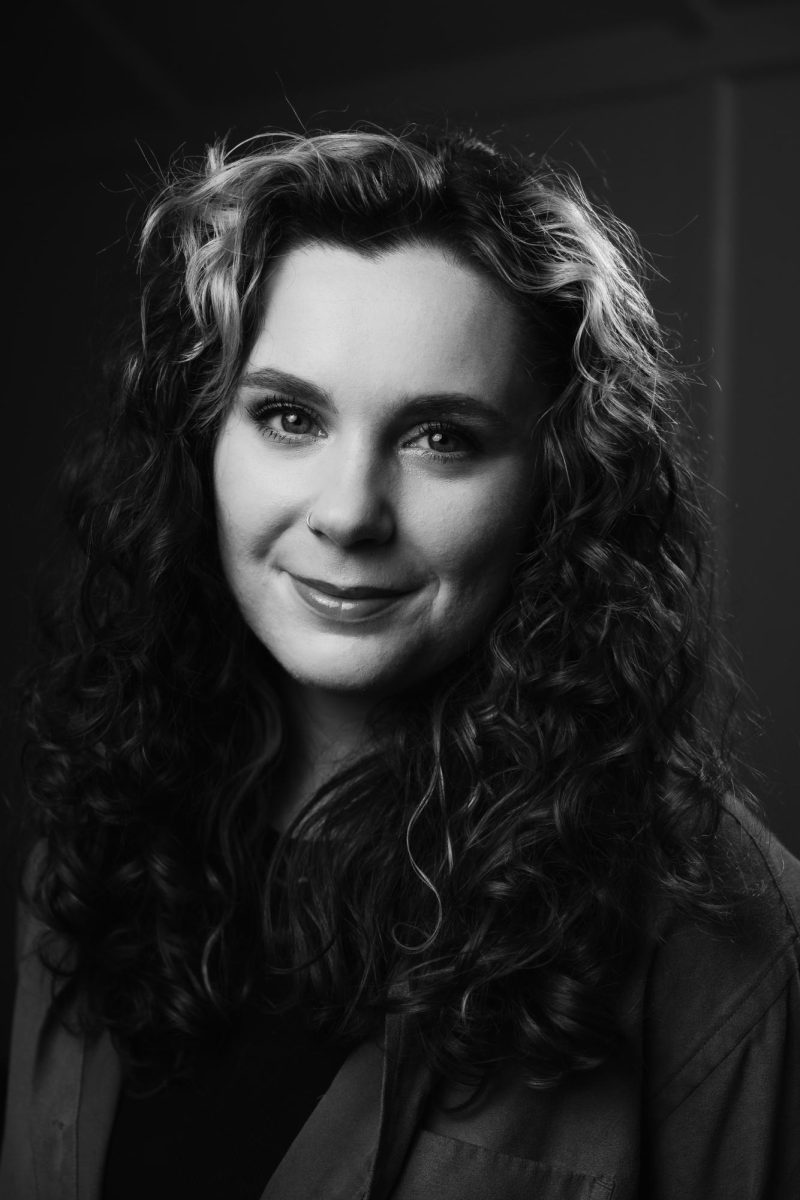Study: Depressed should try variety of antidepressants
March 23, 2006
Many depressed patients who didn’t get better on one medicine were able to overcome their crushing dark spells with another, according to the largest study ever of treatments for America’s top mental health problem.
Up to a third of those who added or changed medicines recovered. When viewed with earlier results, the new findings mean that roughly half the people who suffer from serious, long-term depression can get over it – not just improve their symptoms – with adequate medication.
“The goal here was to find treatments that help people to get well, not just better,” said Dr. Thomas Insel, director of the National Institute of Mental Health. “We have safe and effective treatments.”
His agency paid for the $35 million study, which involved thousands of people across the United States and has been widely praised as a real-world test of popular drugs that have received only limited testing until now.
The study found little difference among the five drugs tested – Celexa, Zoloft, Wellbutrin, Effexor and Buspar – and wasn’t designed to compare them. All proved similarly effective and relatively safe. The clear message, doctors said, was that antidepressants should be given a 6-to-12-week chance to work and that if one doesn’t help, another should be tried.
“It’s important not to give up if the first treatment doesn’t work fully,” or causes side effects, said one study leader, Dr. John Rush of the University of Texas Southwestern Medical Center in Dallas. Almost as many people were helped the second time around as the first, he said.
Two reports from the study were published in the New England Journal of Medicine.
About 15 million Americans each year suffer depression, and it is the leading cause of disability in people ages 15 to 44. It often recurs, and doctors sometimes talk of it as an emotional cancer that, rather than cured, is put “in remission” with successful treatment.
The study will continue to test third and even fourth treatment attempts, and to analyze genes to see if any patterns emerge with particular drugs.
“It’s quite possible in the near future we may be able to predict who’s going to respond to what,” said another study leader, Dr. Madhukar Trivedi of UT Southwestern.
There are nearly two dozen antidepressants on the market.
















